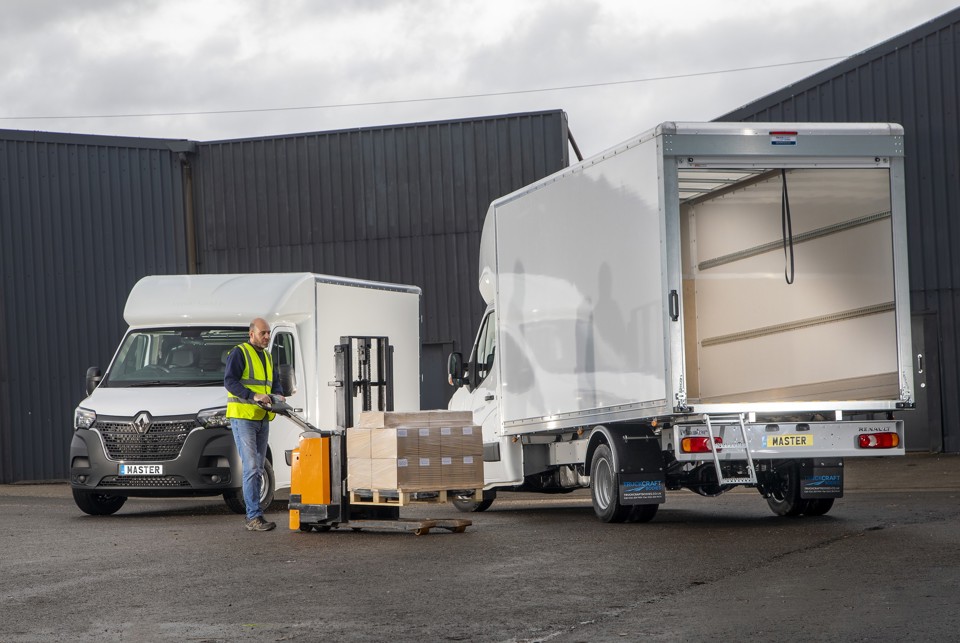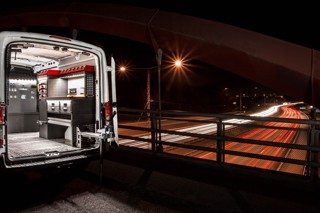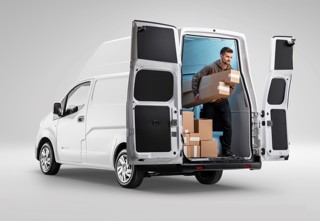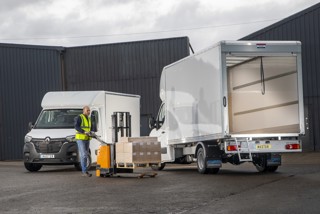The Driver and Vehicle Standards Agency (DVSA) has announced from July 4, all vehicle approval tests will restart.
The DVSA has changed the way it carries out tests to help prevent the spread of coronavirus.
If an approval test was cancelled due to coronavirus it will not be rebooked automatically. A form to arrange a test will need to be filled in.
- applied for an individual vehicle approval (IVA) test and didn’t apply for a priority test
- applied for a certificate of initial fitness (COIF) test
- applied for a motorcycle single vehicle approval (MSVA) test
A test cannot be arranged until the form has been sent.
If applying for a vehicle approval from July 1, do not send this form. The DVSA says the latest version of the relevant application form needs to be filled in.
Individual vehicle approval (IVA) tests will continue to be booked under a priority system.
The DVSA says, “IVA tests will be allocated on a priority basis, this means your appointment might be changed if a higher-priority vehicle needs to be tested. Depending on your vehicle you might need a full inspection, a partial inspection or a remote assessment”.
When applying, you need to state which of these categories your vehicle is in.
If your vehicle is being used to support the coronavirus response, you will need to provide proof with your application - for example, a statement from the vehicle operator saying what the vehicle will be used for.
1. Emergency services vehicles
This could be any type of emergency services vehicle, including:
an ambulance
a hearse
a vehicle specifically designed and built to transport patients that need medical treatment (it cannot have more than 8 seats in addition to the driver’s seat)
2. Goods vehicles being used to support the coronavirus response
You need to prove the goods vehicle will be used to support the coronavirus response (for example, transporting food products, household essentials, clinical or medical supplies).
3. Vehicles manufactured in Great Britain
This includes vehicles that have had a second stage manufactured in Great Britain.
4. European approved vehicles with an expired certificate of conformity
5. Imported vehicles
This includes imported vehicles approved to a non-European standard.
6. Amateur built or rebuilt vehicles
For example, kit cars
A vehicle test is required if someone has built, rebuilt, radically altered or imported a vehicle.























Login to comment
Comments
No comments have been made yet.